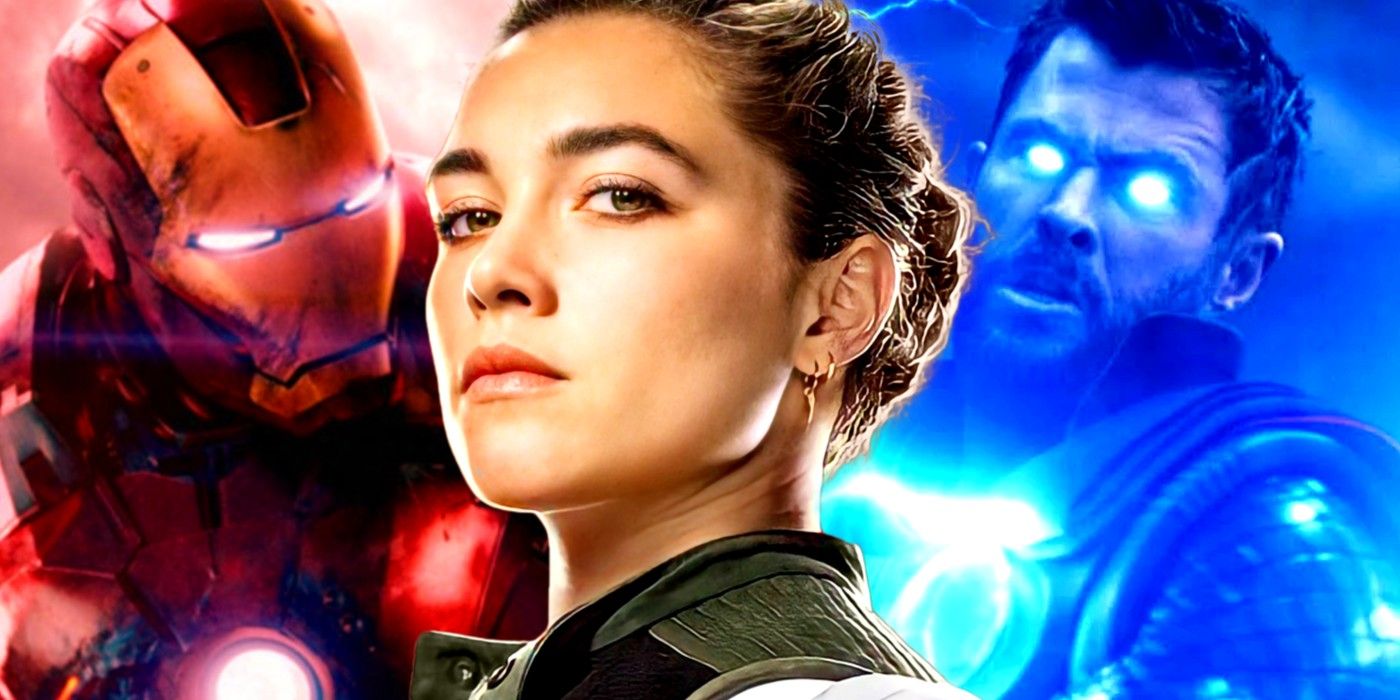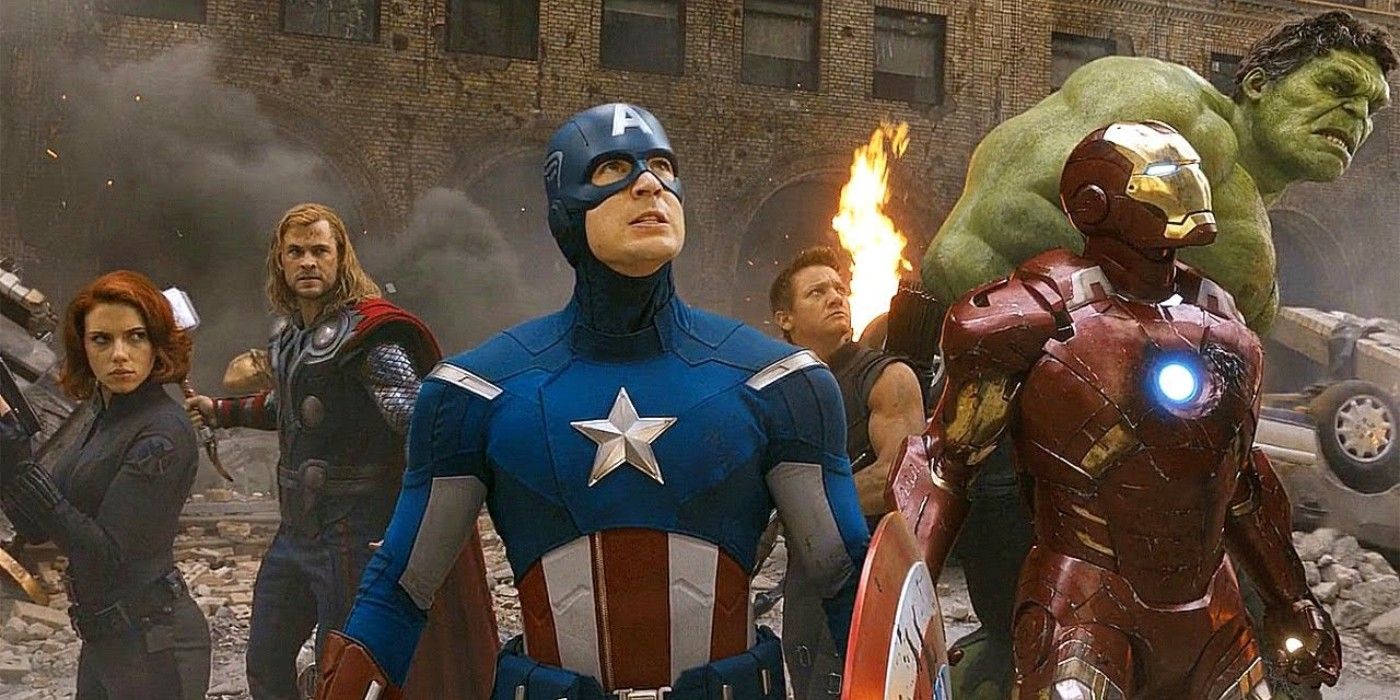Warning: This post contains SPOILERS for Black Widow.
After 24 movies and three Disney+ series, Marvel has finally confirmed how the MCU's villains view the Avengers, thanks to Black Widow. The hint of the heroes being assessed in tiers of power (and presumably danger) comes thanks to Florence Pugh's Yelena Belova, who also confirms that Scarlett Johansson's Black Widow never registered as "one of the big ones".
Yelena actually takes a couple of pot-shots at the MCU's heroes, reveling in her criticism of Natasha's needless "hero pose" as an arrogant assumption that everyone is watching her. It's a fair comment, even if the meta-humor takes issue with something comic books movies have been doing for so long that the logic no longer even feels relevant. Elsewhere, Black Widow also throws shade at Captain America, calling his shield a comfort blanket (through Alexei), and has the returning General Ross refer to Ant-Man as "the incredible shrinking convict". There's a playful element to the humor, as well as great affection, considering Yelena herself ends up doing a hero pose during the film's high altitude climax.
Yelena's critique is used as an explanation for how the Widow and Dreykov always stayed under the radar - simply by avoiding the attention of the Avengers. She explains that Natasha was left to her own devices despite the risk she posed to exposing the Red Room because one of the "big ones" would end up coming to avenge her. Natasha seems taken aback at the idea that the Avengers would be ranked differently, so Yelena offers the explanation that she doubts "the god from space has to take an ibuprofen after a fight". The big ones, clearly, include Thor and Iron Man, who Yelena refers to as Nat's "super-scientist" friend and Nat ranks somewhere alongside the "not big ones" suggesting that the MCU's villains see a power hierarchy in its most famous hero team.
The suggestion answers one of those age-old but mostly unanswered questions about the MCU. So far, there have been suggestions of how famous the heroes are, particularly in Spider-Man: Far From Home (as part of the set-up for Tom Holland's Peter Parker being outed as Spidey), but by the very nature of stand-alone Marvel movies, villains have never offered insight into how they feel about the absent members. Thanos offered his thoughts on Robert Downey Jr's Iron Man - establishing him as something of an equal - and on a smaller scale Korath the Pursuer (Djimon Hounsou) ruined Star-Lord's day by dispelling the myth of his universal notoriety, but this is different. Black Widow offers the first real suggestion of a ranking system for the team as a whole, implying strategies that are impacted by which of the Avengers might inadvertently be called into the fray.
Thor's superpowers do fit with the logic of why MCU villains would count him as one of the big ones, and the ranking system presumably fits with the unspoken perception of Hawkeye and Black Widow being "secondary heroes" (perhaps even alongside Ant-Man). After all, Iron Man is all but called out, Captain America is a super-soldier and Hulk is a monster. Scarlet Witch's perception probably depends on how well the Red Room's surveillance worked, given she was still emerging as a hero during Civil War. And the same goes for Spider-Man, with Don Cheadle's War Machine and Anthony Mackie's Sam Wilson possibly lesser-known qualities as only really Avengers-aligned at that point. And in hindsight, Black Widow's Red Room playing a numbers game and not coming after Natasha in fear of mobilizing the "big ones" does make a lot of sense. How were they to know that it was everything that made Natasha human that made her most dangerous to them?









